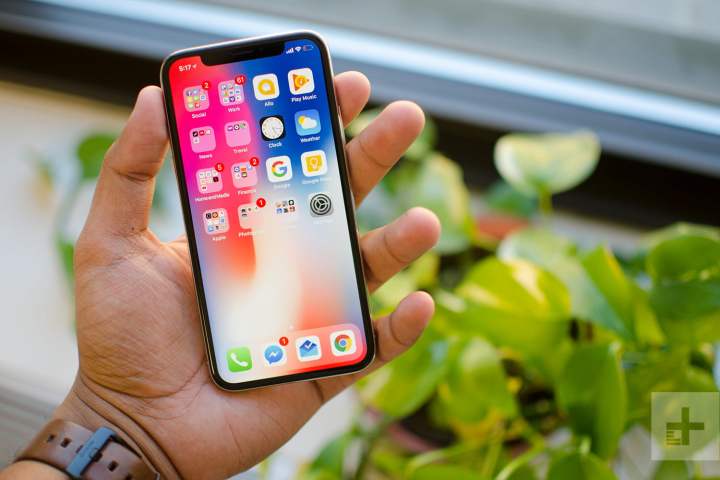
Apple was ordered by a California jury on Wednesday, August 1, to pay WiLan, a Canadian patent licensing company, a sum of $145.1 million for damages as a result of patent infringement. The jury backed up WiLan’s claims that some of Apple’s iPhone models infringed on two WiLan wireless communications technology patents.
The patent infringement concerns technology used in Apple’s iPhones, specifically patents concerning “a method and apparatus for allocating bandwidth in a broadband wireless communication system” (U.S. patent 8457145), and another patent concerning “communication systems and to systems and methods for implementing adaptive call admission control” (U.S. patent 8537757). Apple apparently intends to appeal the decision, which likely means the case will bounce around courts for a little while yet.
This is not the first time the two companies have butted heads over patents. In 2013, a Texas jury found Apple not guilty of infringing on another of WiLan’s patents — that time over a patent covering CMDA and HSPA wireless communication technologies.
WiLan, a Quarterhill company, was originally founded in the 1990s as a producer of broadband wireless technologies, but shifted over to licensing its large portfolio of patents in 2013, after some financial difficulties. WiLan styles itself as being “one of the most successful patent licensing companies in the world”, and that it “helps companies unlock the value of intellectual property by managing and licensing their patent portfolios.” However, other sources have gone as far as to suggest that WiLan now makes a living by successfully chasing down companies like Apple over patent issues.
Of course, Apple is no stranger to legal issues over patents. Apple’s and Samsung’s seven-year tussle over the status of patents in Samsung’s Android phones has only just ended, while another case concerning the dual-camera tech in the current line of iPhones is currently ongoing. It has faced even more serious threats than just other companies too, and Apple is facing possible further challenges from the French government. Apple has taken to the offensive in other cases, suing processor manufacturer Qualcomm over allegedly exorbitant royalty fees.
We have reached out to Apple and WiLan for comment on this case and will update if we hear back.


